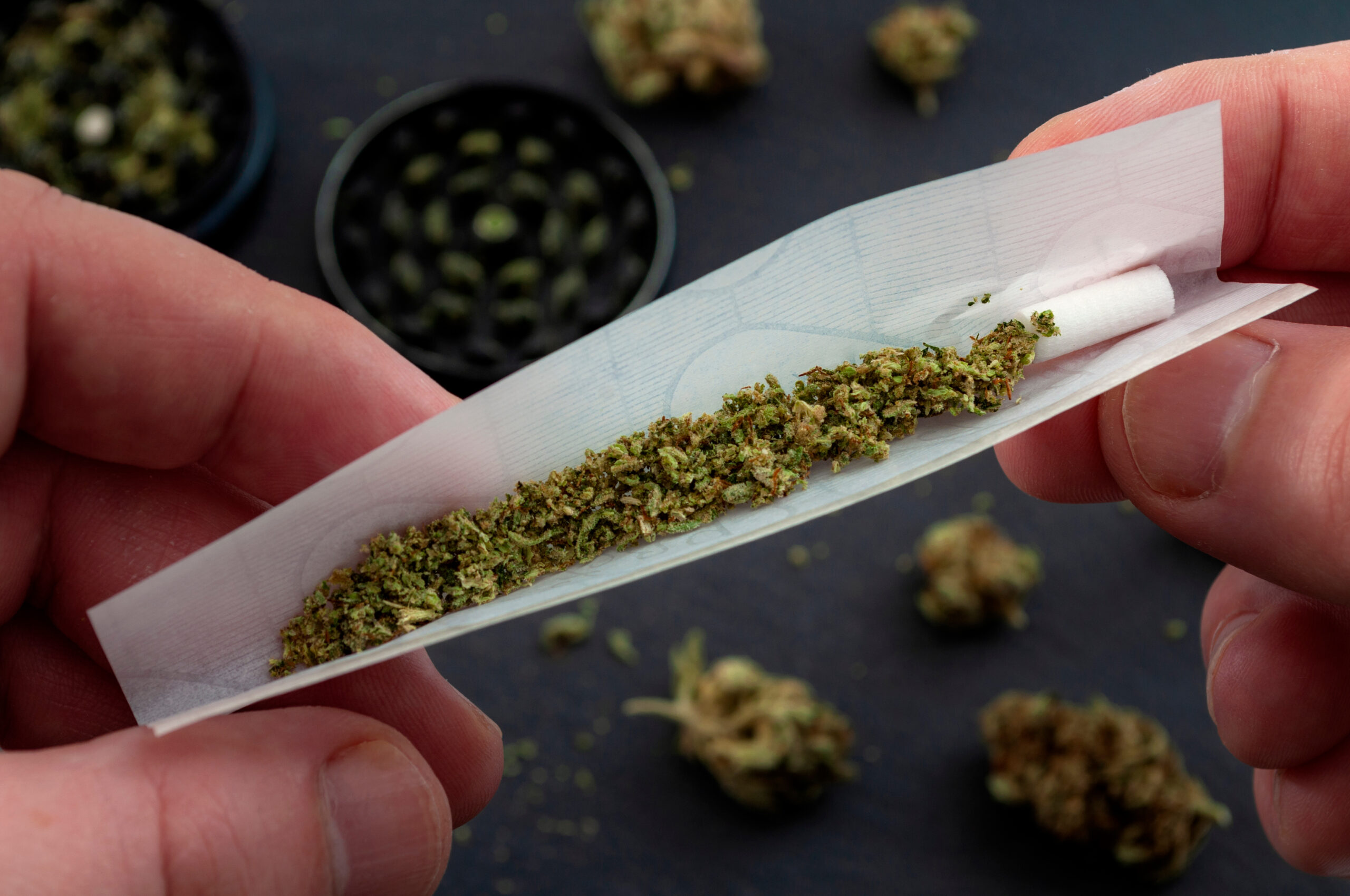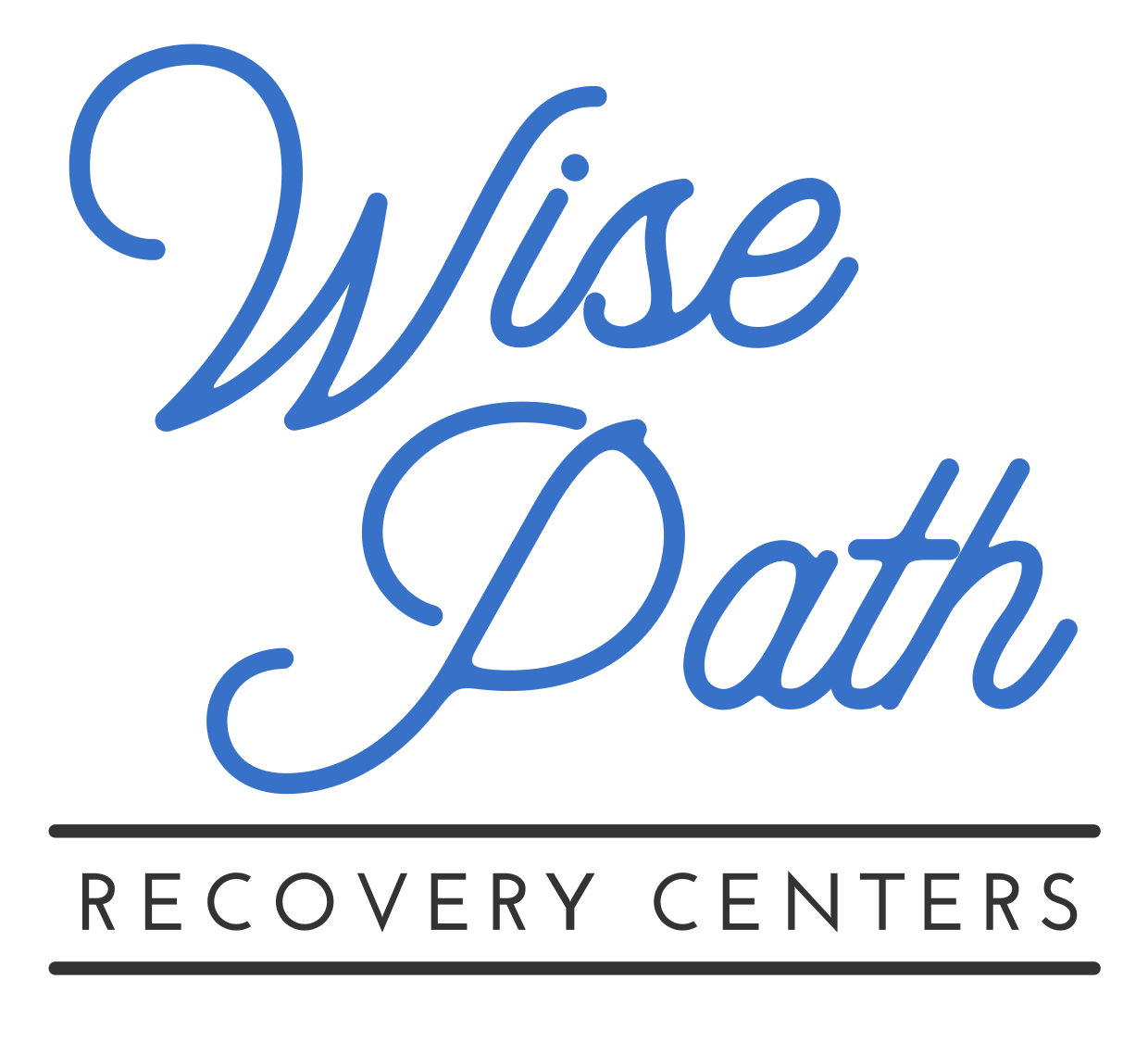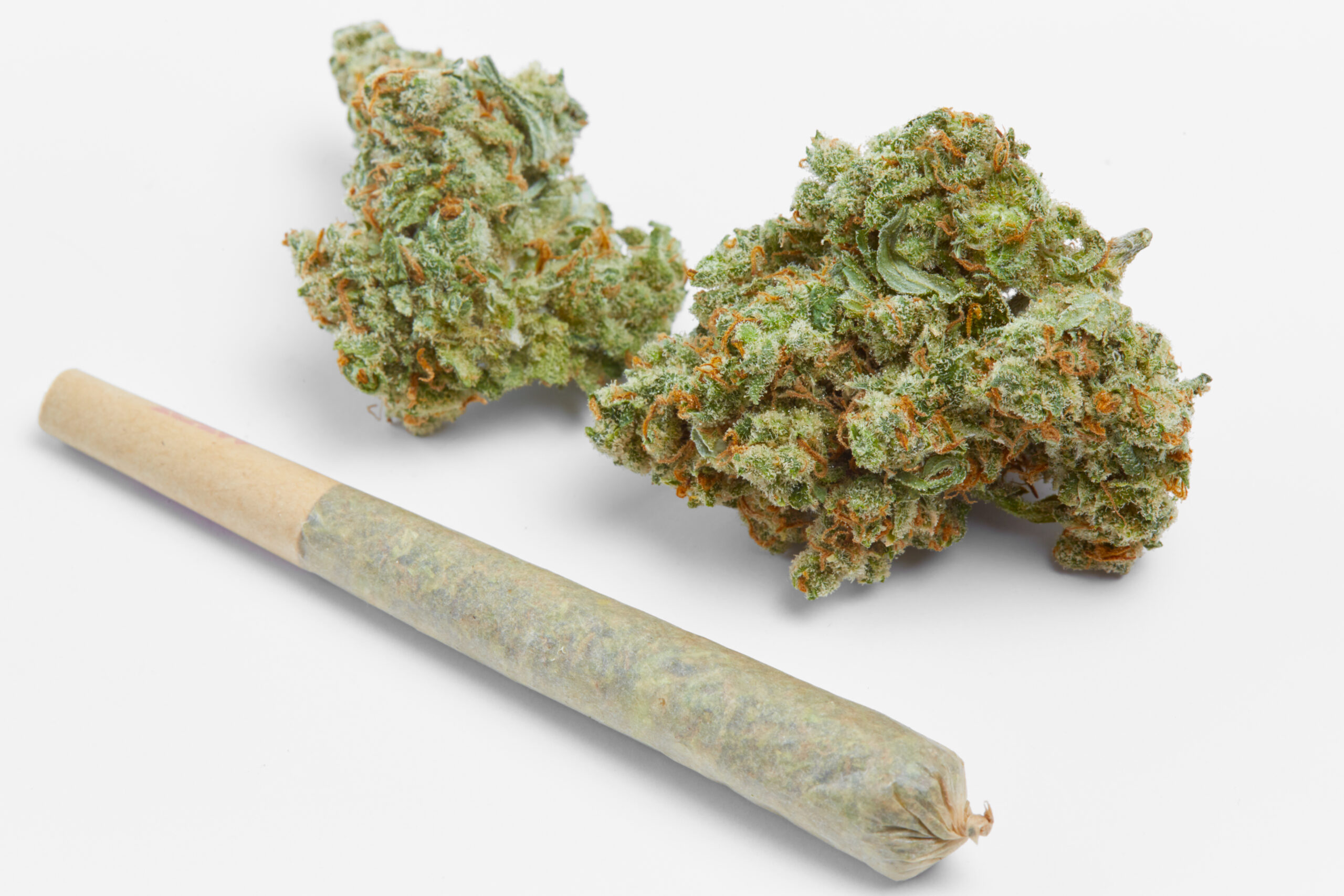Marijuana is often seen as harmless—or even helpful—for relaxation, stress relief, or pain management. But what starts as casual use can quietly grow into something that affects your mood, memory, work, and relationships in ways you didn’t expect. If you’ve noticed marijuana taking more control than you’d like, you’re not alone. In this guide, we’ll break down what marijuana is, its short- and long-term effects, what withdrawal can look like, and most importantly, how treatment and support can help you take back control.
What Is Marijuana, and How Does It Affect the Brain?
Marijuana comes from the cannabis plant, which contains active compounds called cannabinoids. These chemicals interact with the body’s endocannabinoid system, a network that influences mood, appetite, memory, and sleep. The effects people feel depend on how much they use, the potency of the product, and their personal biology.
THC, CBD, and Other Cannabinoids
The main psychoactive chemical in marijuana is tetrahydrocannabinol (THC), which causes the “high.” Cannabidiol (CBD) does not cause intoxication and may ease anxiety or reduce some of THC’s stronger effects. Concentrates, oils, and high-potency edibles often contain far more THC than traditional cannabis, which increases risks of side effects and dependence.
Common Methods of Use
Marijuana can be smoked, vaped, eaten, or applied under the tongue. Inhaled forms take effect within minutes and fade in a few hours. Edibles can take one to two hours to start taking effect, but they last much longer, which raises the risk of overconsumption.
Short-Term Marijuana Side Effects
The short-term effects of marijuana vary from person to person. Many report relaxation, euphoria, or increased appetite. Others experience unwanted effects such as:
- Impaired memory and concentration
- Slower reaction time and coordination problems
- Red eyes, dry mouth, and increased heart rate
- Anxiety, paranoia, or panic at higher doses
In rare cases, high doses can cause hallucinations or psychotic-like symptoms, which usually fade once the drug wears off.
Long-Term Side Effects of Marijuana Use
Using marijuana regularly over time can create more lasting health and mental health challenges. These may include:
- Memory, learning, and attention problems
- Irritation of the lungs when smoked
- Reduced motivation and lower productivity
- Greater risk of cannabis use disorder
Marijuana and Mental Health Risks
People often use marijuana to cope with anxiety, depression, or trauma. While it may help in the short term, long-term use can worsen mood issues or interfere with treatment. Those with a family history of psychosis may be at higher risk when using high-THC products.
Cannabis Hyperemesis Syndrome
A lesser-known but serious condition is cannabis hyperemesis syndrome. It causes repeated cycles of nausea, vomiting, and stomach pain in heavy users. The symptoms usually improve only after stopping marijuana.

Can Marijuana Be Addictive?
Is marijuana addictive? Although not everyone develops dependence, marijuana can be addictive. The clinical term is cannabis use disorder. Warning signs include:
- Needing more to feel the same effects (tolerance)
- Cravings or spending excessive time using
- Failed attempts to cut back
- Continuing use despite negative effects on health, mood, or responsibilities
If these patterns sound familiar, treatment may be necessary to regain control.
Marijuana Withdrawal Symptoms and Timeline
Stopping marijuana after heavy or daily use can cause uncomfortable withdrawal symptoms. These typically begin within one to three days and peak around days two to six. Common symptoms include:
- Irritability, anxiety, or restlessness
- Trouble sleeping or vivid dreams
- Decreased appetite and stomach upset
- Headaches, sweating, or mood swings
Most symptoms improve within one to two weeks, though sleep and mood may take longer to stabilize. Seeking out substance abuse treatment in West Virginia can help make marijuana detox more manageable, with round-the-clock care and support.
Drug & Alcohol Rehab and
Addiction Treatment in West Virginia
Get in touch with our recovery center today at 866-860-9772
Marijuana Safety Concerns Often Overlooked
Is marijuana safe? Even though marijuana is often viewed as safer than other substances, it still carries risks. Driving under the influence is dangerous, since THC slows reaction time and impairs judgment. Edibles and high-potency vapes increase the risk of overdose-like reactions, such as severe anxiety or paranoia. Marijuana use during pregnancy or breastfeeding may affect child development and should be avoided.
When to Seek Help for Marijuana Use
It may be time to seek help if marijuana use interferes with your goals, relationships, or mental health. Struggling to cut back, hiding use, or relying on marijuana daily are all red flags. Professional support can make stopping easier and safer. At Wise Path Recovery Centers, we provide personalized care to help you manage withdrawal, address underlying challenges, and build healthier coping skills.
Treatment Options for Marijuana Addiction
Evidence-based treatment can help people reduce or stop marijuana use. Options include:
Behavioral Therapies for Cannabis Use
Cognitive behavioral therapy (CBT) teaches coping strategies for cravings and stress. Motivational interviewing helps clarify goals, while contingency management rewards progress. These approaches are proven effective in treating cannabis use disorder.
Treating Co-Occurring Mental Health Conditions
Marijuana use often overlaps with anxiety, depression, trauma, or ADHD. Addressing these issues alongside substance use increases the chances of long-term recovery.
Support from Wise Path Recovery Centers
At Wise Path Recovery Centers, we provide personalized treatment plans that may include outpatient care, therapy, and support groups. Our compassionate team helps clients manage withdrawal, address underlying mental health issues, and build healthier coping strategies.
Drug & Alcohol Rehab and
Addiction Treatment in West Virginia
Get in touch with our recovery center today at 866-860-9772
Taking the Next Step
If marijuana use is starting to control more of your life than you would like, you don’t have to face it alone. Treatment can help you manage side effects, overcome withdrawal, and create a balanced life without dependence. Contact Wise Path Recovery Centers today for a confidential assessment and to begin your path toward recovery.
Frequently Asked Questions About Marijuana
Is marijuana safer than alcohol?
Many people assume marijuana is safer than alcohol because it’s less likely to cause overdose deaths. While it may carry fewer immediate health risks, marijuana still affects memory, judgment, and coordination, and can lead to dependence or mental health concerns over time. Comparing safety depends on patterns of use, personal health, and risk factors.
How long does marijuana stay in your system?
THC can stay in the body long after the effects wear off. In occasional users, it may be detectable in urine for up to three days. In frequent or heavy users, THC can remain detectable for several weeks. Blood, saliva, and hair tests each have different detection windows.
Can secondhand marijuana smoke affect you?
Yes, being around marijuana smoke can expose you to THC and other chemicals. While casual exposure is less likely to cause intoxication, it may still trigger a positive drug test or cause health irritation, especially in children or people with asthma.
Does marijuana affect driving even if you feel normal?
Yes, even if you feel alert, THC slows reaction time, affects judgment, and reduces coordination. This makes driving under the influence of marijuana unsafe and increases the risk of accidents.
Can you overdose on marijuana?
It is unlikely to fatally overdose on marijuana, but taking too much can cause severe anxiety, confusion, paranoia, nausea, or hallucinations. These effects can feel overwhelming and may require medical attention to ensure safety.
Is medical marijuana addictive, too?
Yes, even medical marijuana can lead to dependence if used regularly. While some patients benefit from its medical use, it is important to follow a doctor’s guidance closely and monitor for signs of tolerance, cravings, or withdrawal.
How does marijuana affect teens differently from adults?
Teenagers and young adults are more vulnerable to marijuana’s long-term effects because their brains are still developing. Regular use during adolescence can impact learning, memory, and motivation more strongly than it does in adults.
Can marijuana interact with prescription medications?
Yes, marijuana can interfere with medications for anxiety, depression, blood pressure, sleep, and seizures. Always discuss marijuana use with a healthcare provider if you are taking prescription medications.

